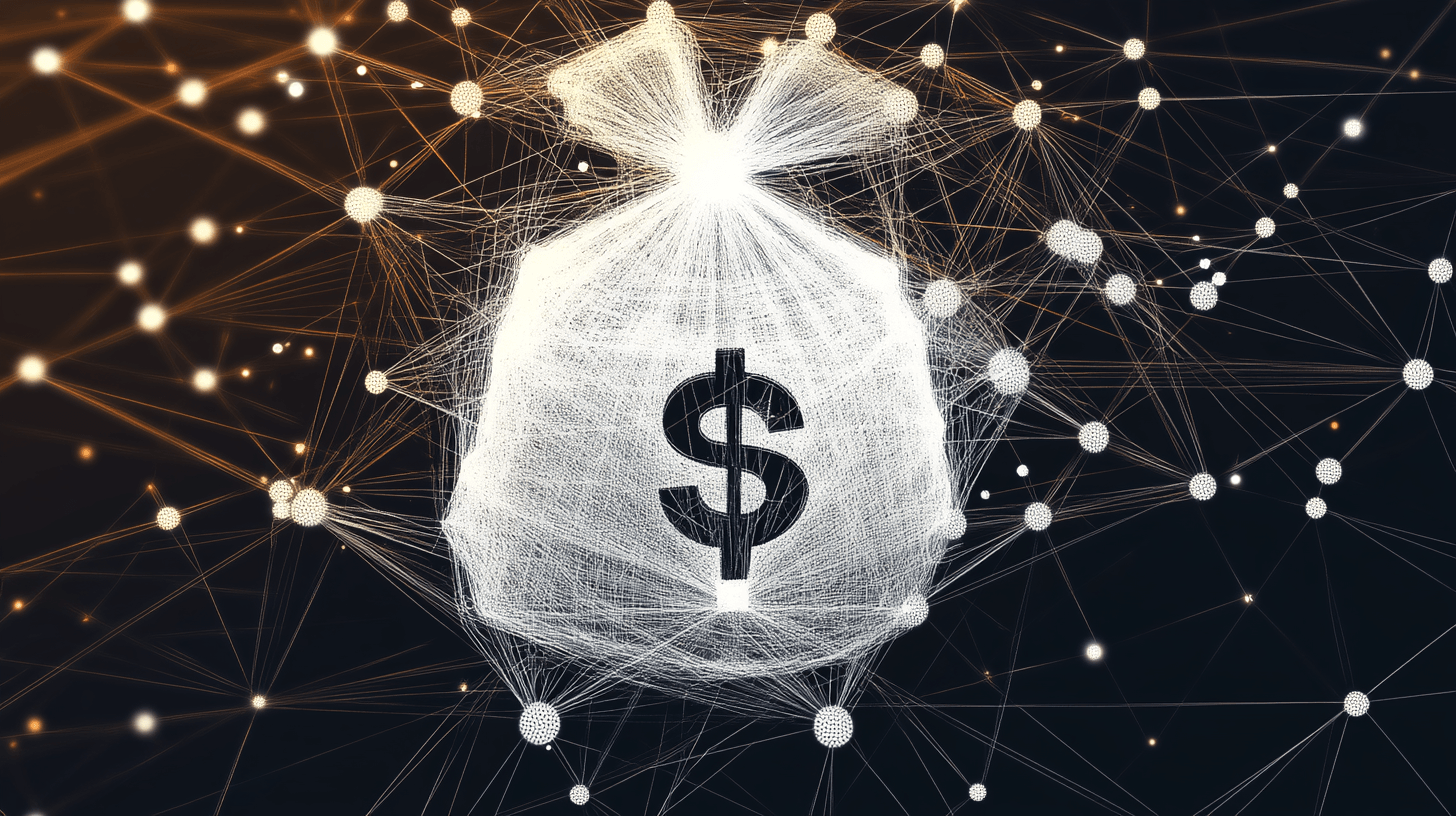Fed Governor Cook urges caution on near-term AI productivity boost

Lisa D. Cook, governor of the US Federal Reserve, sees major uncertainties in the economic impact of AI and warns against inflated expectations of short-term productivity gains.
In a speech at the Federal Reserve Bank of Atlanta, Cook expressed doubts about rapid productivity growth through AI. The economist and policymaker still sees "tremendous uncertainty" about AI's economic effects.
"We still do not know what the magnitude or intensity of these effects will be, which workers and firms will be most affected, how big the increase in productivity might be, or even the period over which these effects will be realized," Cook said.
The governor emphasized that implementing AI technologies into concrete business practices takes time. Companies often need to make costly adjustments to adapt the technology to their specific needs.
Cook also noted that the full productivity effects would only be realized when capital and labor are redistributed to companies most adept at using the new technology. This "business dynamism" had declined in the years before the pandemic.
Despite her cautious outlook, Cook sees the potential for AI to boost productivity from its current low-growth phase, stating that she sees "growing evidence that AI is poised to have a substantial effect on U.S. and global labor markets."
Cook likened AI to past transformative innovations like the steam engine, electricity, and the internet. "I hope future productivity gains will help counter inflation," Cook said. "We'll be watching these developments closely."
Visionary meets economist
Still, recent productivity gains have been modest so far, despite impressive advances in information technology, Cook said, although they already include certain forms of AI integrated into e-commerce and other business processes.
Cook's caution contrasts sharply with statements by OpenAI CEO Sam Altman. While Cook warns against exaggerated expectations of short-term productivity gains through AI, Altman predicts an "intelligence age" with massive prosperity gains in the coming years.
In a recent private blog post, Altman expressed his belief that AI systems could soon act as personal assistants, provide tailored education, and help with medical care. Altman even claimed that superintelligence with an extreme impact on everyday life is possible "in a few thousand days."
AI News Without the Hype – Curated by Humans
As a THE DECODER subscriber, you get ad-free reading, our weekly AI newsletter, the exclusive "AI Radar" Frontier Report 6× per year, access to comments, and our complete archive.
Subscribe nowAI news without the hype
Curated by humans.
- Over 20 percent launch discount.
- Read without distractions – no Google ads.
- Access to comments and community discussions.
- Weekly AI newsletter.
- 6 times a year: “AI Radar” – deep dives on key AI topics.
- Up to 25 % off on KI Pro online events.
- Access to our full ten-year archive.
- Get the latest AI news from The Decoder.